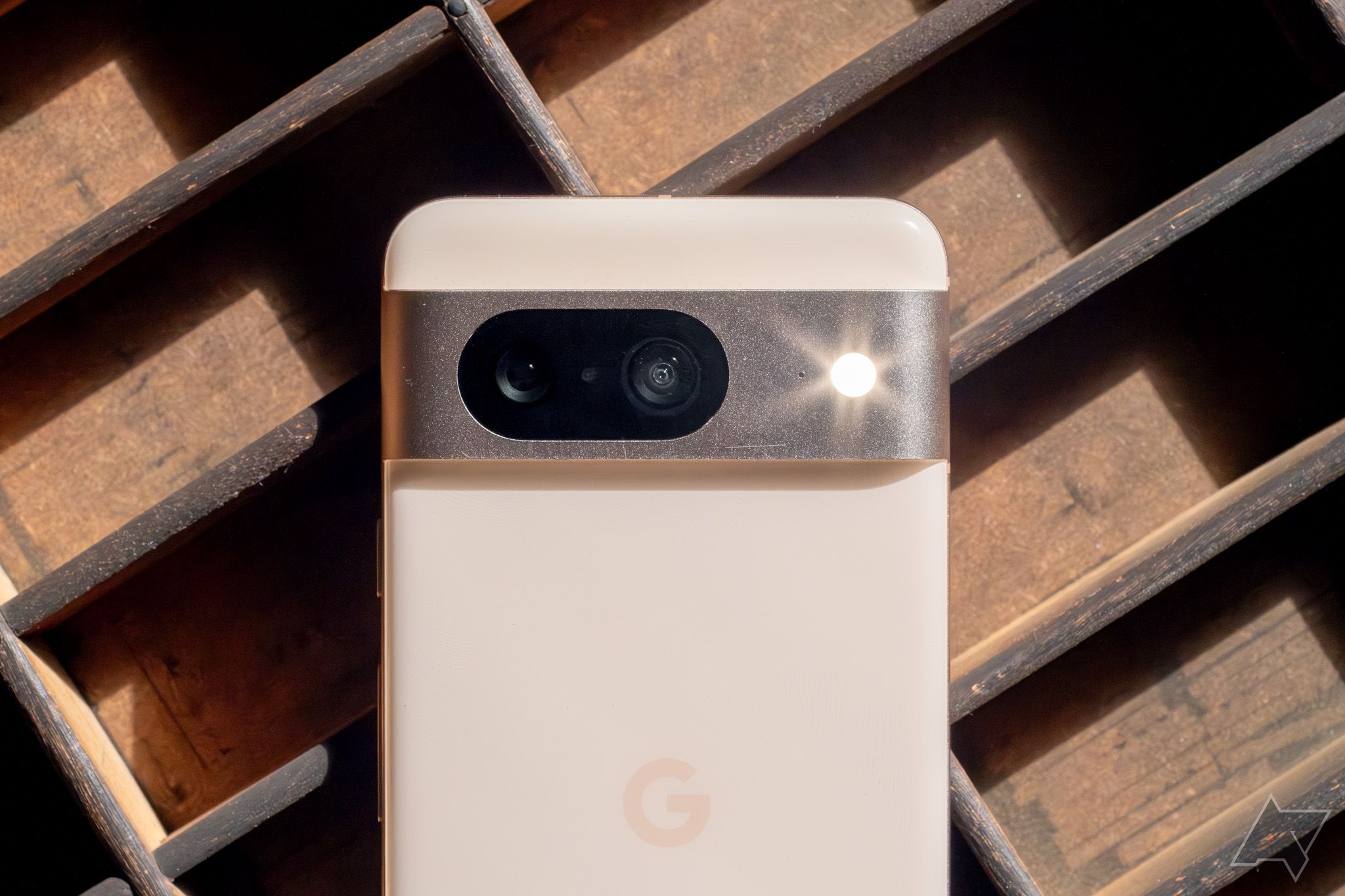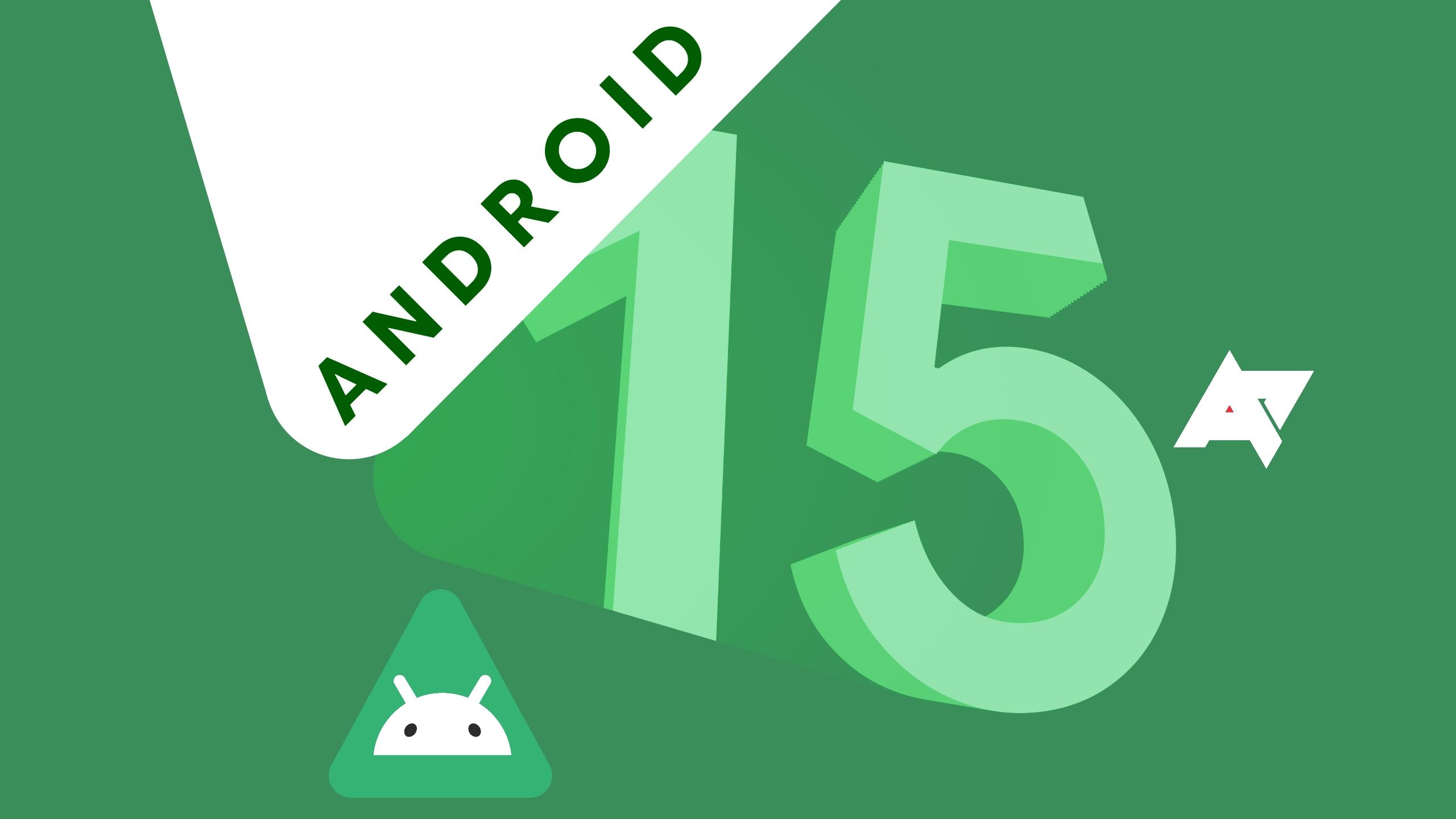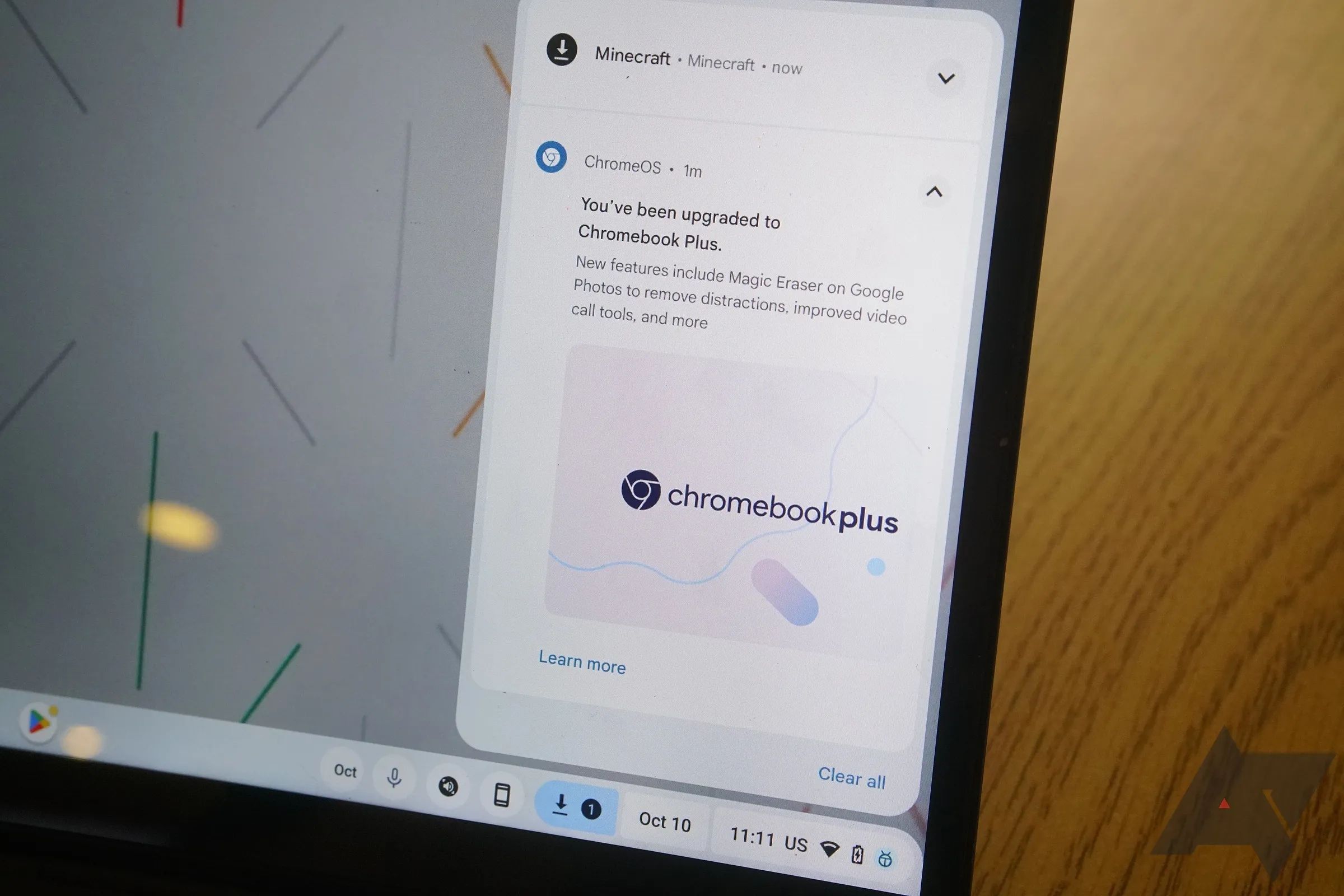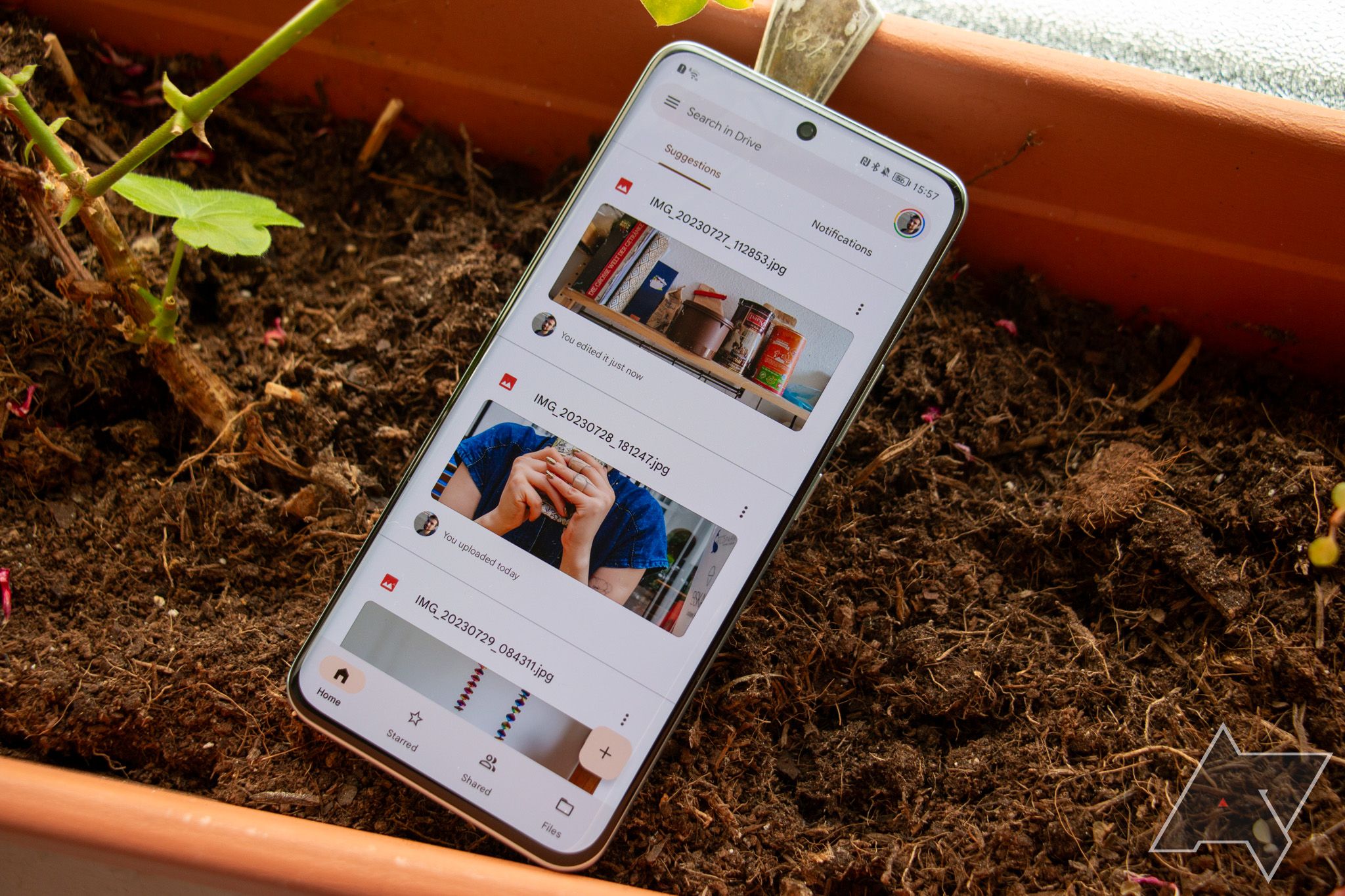We love Samsung Dex. It’s a game changer that allows us to transform our phone into a fully-fledged desktop PC simply by plugging it into a monitor. Dex is only available on Samsung devices, but for a good minute last week, we thought Google might be doing something similar with ChromeOS on Android. There was a video, and rumors flew. But then Google said that wasn’t happening. Here’s the thing, though. It should.
We believe a full integration of ChromeOS with Android could turn any Android device into a great desktop machine. Imagine plugging your Pixel into a monitor and having an instant Chromebook available, from the full Chrome browser to a windowed interface to Steam gaming. We know it’s possible. So, Google, if you’re reading this, here are the reasons why you should do it.

Turns out ChromeOS running on a Pixel 8 was just a proof of concept
Pixel 8 ChromeOS dreams dashed. It was just a demo
Full Chrome browsing
The foundation of ChromeOS
Chrome on mobile is a much more limited experience than Chrome on desktop. Chrome was built as a powerful tool for accessing the internet and organizing our personal online lives. Yet Chrome’s mobile version, especially on Android, can sometimes feel like an afterthought. By bringing ChromeOS to Android, the full Chrome browsing experience could be accessed.
What would this look like? There would be tab groups, extensions, and developer tools. Google could also port over some of the slick features found on Chrome for iOS and turn Chrome on Android into the greatest browser ever made.
Multitasking in your pocket
Samsung Dex showed how one device can be everything
It’s no secret that getting real work done on a pocket-sized device is not ideal. There’s not enough screen real estate, and multitasking is a non-starter — research backs this up. So, Samsung turned our smartphones into portable computers when it released Dex in 2018.

Google wants Android 15’s desktop mode to be more like Samsung’s DeX
Previous Android desktop modes were limited and not user-friendly
One of the great things about Dex is the ability to sync a keyboard and mouse to your phone. Now, imagine bringing that power to your Pixel without additional hardware or software. Google could empower users to work more efficiently by integrating ChromeOS’s robust feature set with Android. We’re talking about features like split-screen views, window management, and a full typing experience, all at your fingertips when you slide the phone into a dock or plug in the USB to a monitor.
File management done right
Digital organization on the go
Neither Google nor Apple has created an intuitive and user-friendly file management system within their respective mobile operating systems, although Android is arguably superior to iOS in this department. But it could be better if it used ChromeOS’s file management system.
Android’s file management is rudimentary. It lacks the versatility needed to organize and manage large file volumes. This is one area that inhibits mobile devices from becoming an all-in-one computing solution. On the other hand, ChromeOS has a file management system synced to Google Drive and allows drag-and-drop organization, advanced searches, and batch operations. Heck, you can even share files between ChromeOS and the Linux file system if you wish. We would love to see ChromeOS on Android for better stock file management that’s much closer to using a traditional desktop.
Linux on your phone
The Crostini advantage
ChromeOS and Android use the Linux kernel, although we won’t go so far as to call either of them Linux distros. But ChromeOS has more in common with Linux because it’s derived from Chromium OS, and Google has included it custom Linux environment, Crostini, right in ChromeOS. This allows app developers to use various Linux tools without switching operating systems. Linux terminals, IDEs, and graphic design tools are all available to ChromeOS users.
Of course, you can use a terminal emulator on Android, such as Termux, or a remote access app like Termius. But seeing as we’re talking about bringing ChromeOS to Android, it would be awesome to have the power of Crostini as well. This would make Android an even more versatile platform while catering to developers and tech-savvy users.
Steam gaming on Chrome OS
Imagine your phone becoming a gaming PC
Any game that runs on a Steamdeck can ideally run on ChromeOS, thanks to Valve’s and Google’s work on the platform. It was weird when Google shut down Stadia and then announced gaming Chromebooks a week later, but those gaming Chromebooks turned out to be fine gaming machines that can indeed play Steam games. If ChromeOS was part of Android, we could all have local PC gaming in our pockets through Steam.
This move would shake up the entire gaming industry because mobile gaming kind of sucks right now. Steam with ChromeOS on an Android phone plugged into a monitor would be transcendent for our digital lives.
Google needs to embrace this opportunity
Users want ChromeOS on Android. We here at Android Police want ChromeOS on Android. The excitement that swirled around the rumors earlier this month (and the video where someone actually pulled it off) is proof that the demand is there. Samsung DeX is proof that such a symbiosis can work.
This is an opportunity to elevate Android to a powerful workhorse with a full Chrome experience, real multitasking and file management, Linux access, and real Steam gaming. Google thinks the future lies in AI, but we would prefer to see Android and ChromeOS join forces to create a truly powerful mobile computing experience.









